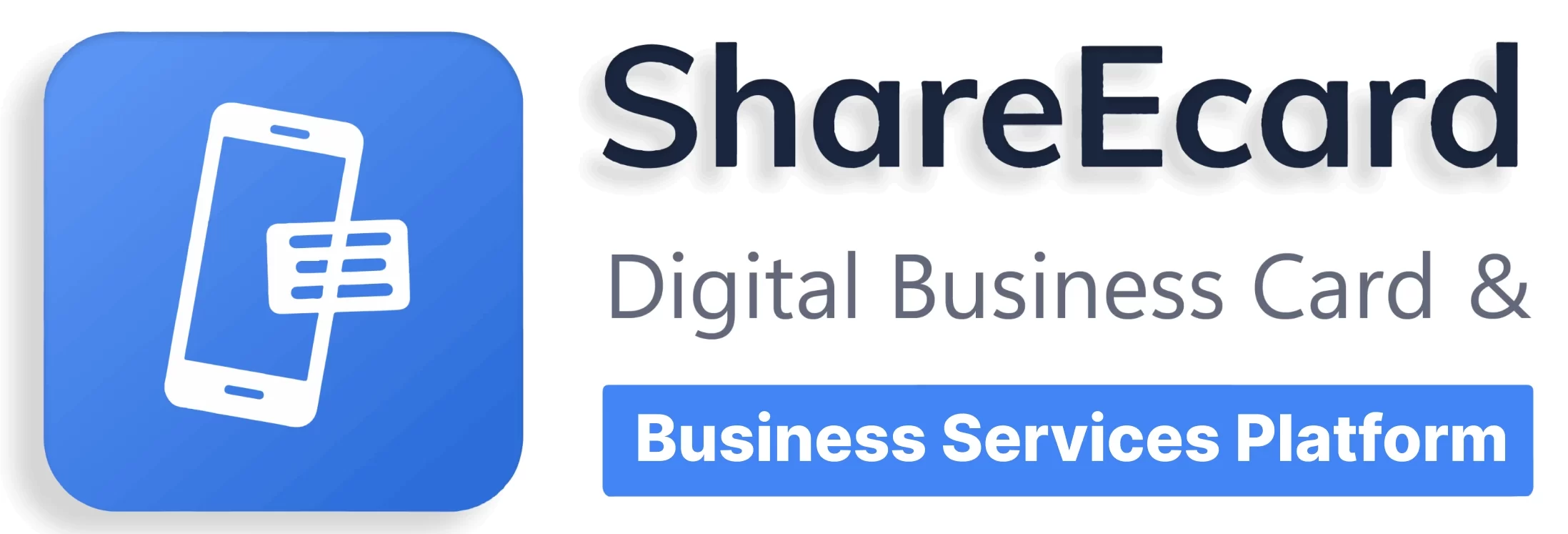Starting a consulting business can be a rewarding path for professionals with expertise in specific fields looking to offer their knowledge and skills to other businesses or individuals. Whether you’re an expert in marketing, finance, human resources, technology, or any other industry, a consulting business allows you to capitalize on your experience and help others achieve their goals. This comprehensive guide will walk you through the process of launching, operating, and growing a successful consulting business, ensuring you’re well-equipped to make a significant impact in your chosen field. Let’s dive in. Read on!
Understanding the Consulting Business
A consulting business provides expert advice in a particular area, such as management, operations, education, finance, or any other specialized field. Consultants are essentially problem solvers, offering solutions to help businesses improve their performance. The demand for consulting services is driven by the need for businesses to find efficient, cost-effective solutions to complex challenges. The reason consulting services are in demand is because businesses are always looking for smart, affordable ways to tackle tough challenges. Consultants use their knowledge to help their clients make changes, improve, and grow.
Benefits of Starting a Consulting Business
Starting on a consulting business journey comes with numerous advantages, appealing to a wide range of entrepreneurs. Here are some of the key benefits:
- Flexibility: Consulting offers the flexibility to set your own hours and choose your clients, providing a good balance between professional and personal life.
- High Earning Potential: With the right expertise and network, consulting can be quite lucrative.
- Low Startup Costs: Unlike other businesses, a consulting firm can have low initial costs, as it primarily requires your knowledge and expertise.
- Variety of Work: Consulting across different industries and projects keeps the work interesting and challenging.
- Opportunity to Make an Impact: Helping businesses solve problems or grow can be highly rewarding.
Step-by-Step Approach to Starting a Consulting Business
Starting a consulting business is a strategic way to leverage your expertise and knowledge in a specific field to help others succeed. Whether you’re an expert in finance, management, technology, or any other area, the consulting industry offers a platform to share your insights and make a significant impact. Here’s a more detailed step-by-step approach to launching your consulting business:
- Assess Your Skills and Expertise
Begin by taking a deep dive into your professional background, education, and areas where you excel. Consider the unique skills and knowledge you can offer to clients. Identifying your strengths and areas of expertise is crucial in determining the focus of your consulting services. This self-assessment will help you pinpoint the niche where you can offer the most value.
- Conduct Market Research
Market research is essential to understand the demand for your services, identify your target clients, and analyze your competition. Look into industries that could benefit from your expertise, and identify gaps in the market where your services could make a difference. Understanding the landscape will guide you in tailoring your services to meet the specific needs of your target market.
- Define Your Services
With a clear understanding of your market, define the specific services you’ll offer. Detail the problems you can solve and the outcomes you can deliver for your clients. Whether it’s strategic planning, operational improvements, financial advice, or technology solutions, being clear and concise about your services will help attract the right clients.
- Create a Business Plan
A comprehensive business plan outlines your business goals, services, target market, competition, marketing and sales strategy, financial projections, and operational details. This document serves as a roadmap for your business, helping you to stay focused and measure progress. It’s also essential for securing funding or partnerships.
- Choose a Business Structure
Selecting the right legal structure for your consulting business (such as a sole proprietorship, LLC, partnership, or corporation) affects your taxes, liability, and business operations. Consider consulting with a legal professional to understand the best option for your situation.
- Register Your Business and Obtain Licenses
Choose a business name that reflects your brand and register it with the appropriate authorities. Depending on your location and the nature of your consulting services, you may need specific licenses or permits to operate legally. Ensure you comply with all regulatory requirements to avoid any legal issues.
- Set Up Your Business Operations
Establishing your business operations involves setting up a workspace (home office or rented space), purchasing necessary equipment, and implementing systems for client management, project tracking, and invoicing. Efficient operations are crucial for delivering quality service and managing multiple clients.
- Build Your Brand
Your brand identity, including your logo, business cards, and website, should reflect your professional expertise and the value you provide. A strong, cohesive brand helps you stand out in the market and makes a lasting impression on potential clients.
- Market Your Services
Develop a marketing strategy that utilizes both online and offline channels to reach your target audience. Content marketing, social media, networking, and speaking engagements are effective ways to build your reputation and attract clients. Tailor your marketing efforts to highlight your expertise and the benefits of your consulting services.
- Set Your Pricing Structure
Determining how you’ll charge for your services is critical. Consider factors like your expertise, the value you provide, market rates, and your target clients’ budget. Whether you opt for hourly rates, project fees, or retainer models, your pricing should reflect your worth and fit the market you’re targeting.
- Deliver Exceptional Service
The success of your consulting business hinges on the quality of service you provide. Exceeding client expectations leads to repeat business and referrals, which are vital for growth. Focus on delivering tangible results and maintaining open, transparent communication with your clients.
- Plan for Growth
As your consulting business gains momentum, consider strategies for expansion. This could involve broadening your service offerings, targeting new markets, hiring staff, or forming strategic partnerships. Continuous growth requires ongoing market research, investment in marketing, and adjustments to your business model as needed.
- Manage Your Finances
Effective financial management is crucial for the sustainability of your consulting business. Keep accurate records of income, expenses, and taxes. Utilize accounting software or hire a professional to help manage your finances, ensuring you’re making informed decisions about the future of your business.
- Continue Learning
The consulting industry is constantly evolving, with new challenges and opportunities emerging regularly. Stay ahead by continuously updating your knowledge, learning new skills, and staying informed about trends and developments in your field and the broader business landscape.
- Seek Feedback and Adjust
Regular feedback from clients is invaluable for improving your services and business operations. Encourage feedback, listen to your clients’ needs, and be willing to make adjustments to enhance your service offerings and client satisfaction.
By following these detailed steps and focusing on delivering value to your clients, you can build a successful consulting business that not only achieves your professional goals but also makes a positive impact on the businesses you serve.
What You’ll Need for Starting a Consulting Business
While the specific needs can vary depending on your niche and business model, here are the essential resources and tools you’ll need to get your consulting business off the ground:
- Expertise and Credentials: Your knowledge and experience are your primary assets. Having relevant qualifications, certifications, or a strong portfolio can enhance your credibility and attract clients.
- Professional Branding: Invest in professional branding, including a company name, logo, and website. Your brand should reflect your expertise and appeal to your target market.
- Office Space and Equipment: Depending on your preference, you may work from a home office or rent a space. Ensure you have the necessary equipment, such as a computer, reliable internet connection, phone, and any industry-specific tools.
- Software and Tools: Utilize software for project management, invoicing, accounting, and client communication. These tools help streamline your operations and maintain professionalism.
- Networking and Professional Development: Join professional associations, attend industry conferences, and engage in continuous learning to expand your network and stay updated on industry trends.
- Client Management System: Implement a system to manage client projects, communications, and documents efficiently. This ensures a smooth workflow and enhances client satisfaction.
By gathering these essentials, you’re well-equipped to launch and grow your consulting business, offering valuable services to clients while building a successful and rewarding career.
Conclusion
Starting a consulting business requires careful planning, expertise in your field, and a commitment to delivering value to your clients. By following these steps, you can establish a successful consulting practice that leverages your knowledge and experience to help others achieve their goals. Remember, the key to success in consulting is not just in the knowledge you share but in the relationships you build and the trust you earn from your clients. With dedication and strategic planning, your consulting business can grow from a solo operation to a thriving firm, making a significant impact in your industry.




